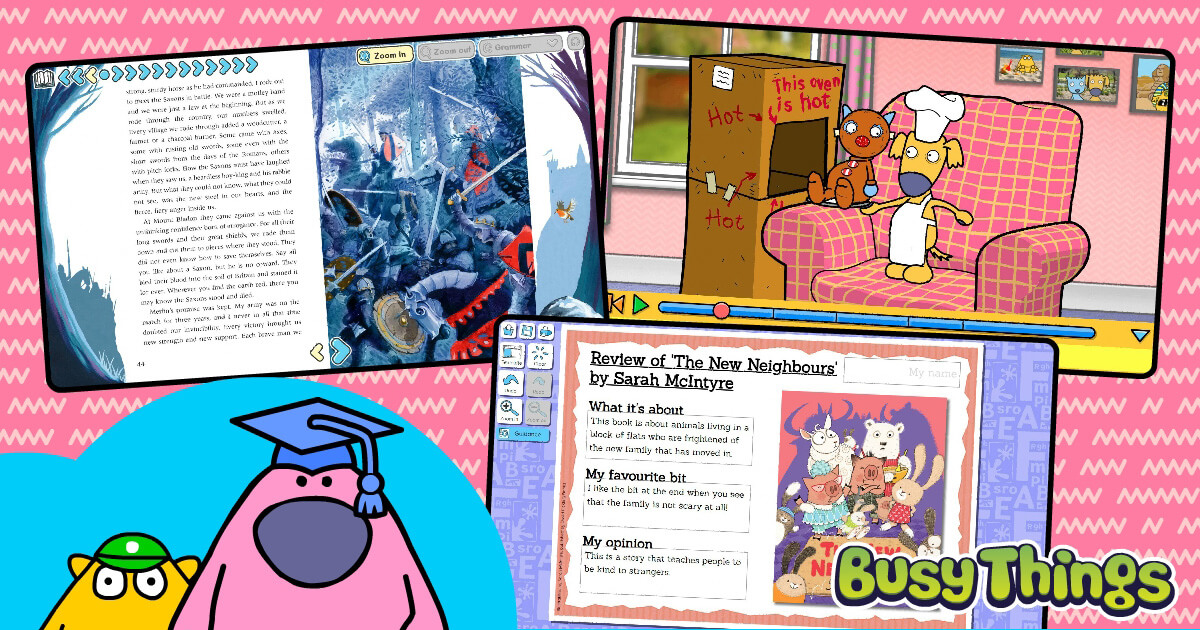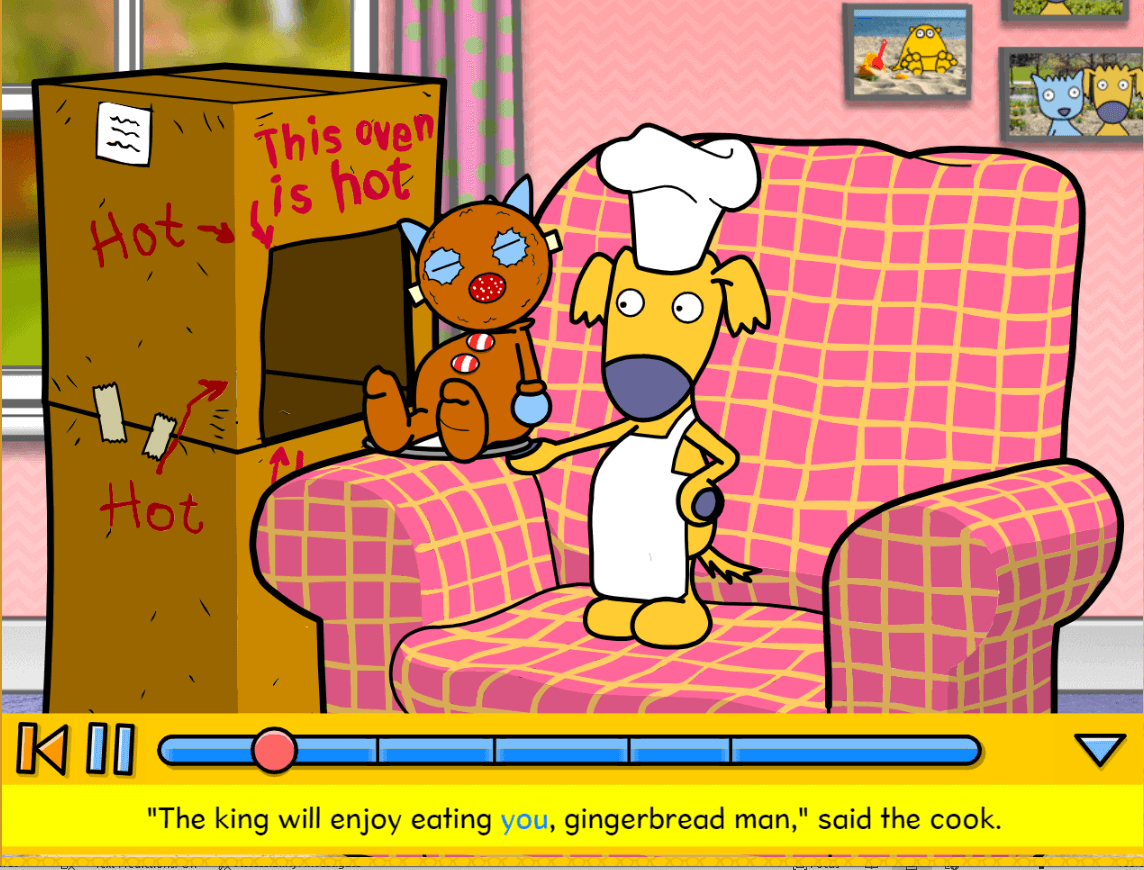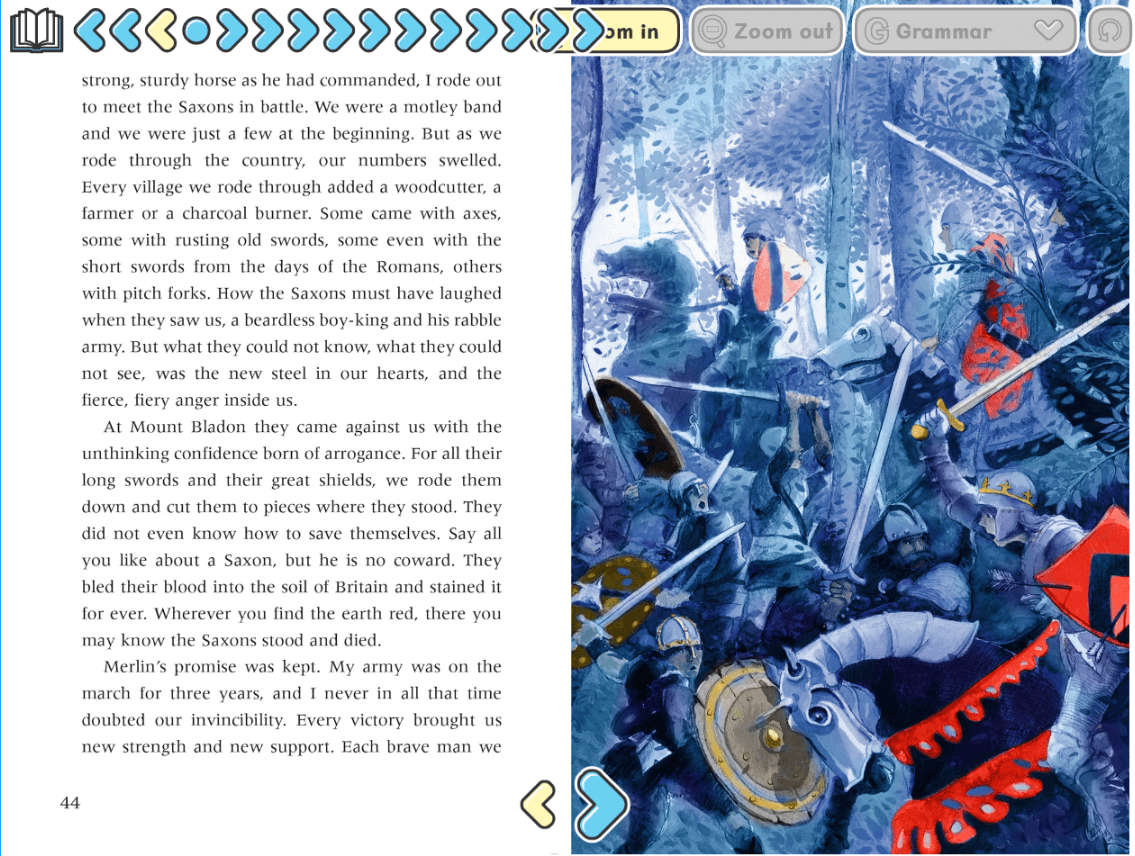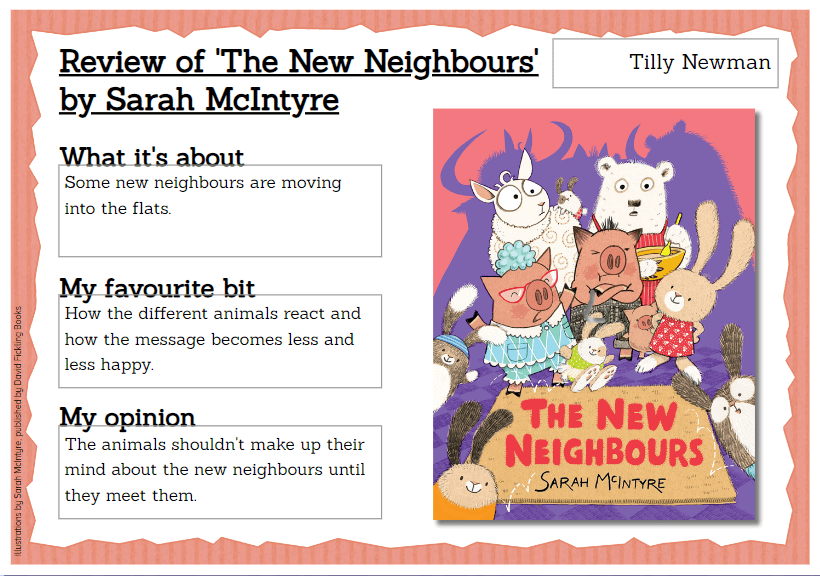World Book Day and Reading for Pleasure

Spring Term is flying by and before you know it, we’ll have the half-term holidays. And then World Book Day. Can you believe it?
Falling on 7th March this year, World Book Day promises to be as colourful as ever. With children dressed up as anything from Alice in Wonderland to Wally of Where’s Wally? fame, how can it be anything else?
The underlying message from the charity organisers of the day, however, is that it shouldn’t just be about dressing up, but should be a day to instil good practices around reading that translate into long-term change. The aim being to stem the decline in reading for pleasure and make reading part of children’s daily routine. So that they can enjoy the improved life chances that it brings.
Reading for pleasure is a vital indicator of a child’s future success – more than their parents’ educational background or family’s income.
World Book Day
Reading is of fundamental importance for a child’s academic success and wellbeing, which can reduce the impact of social disadvantages.
Department for Education
Evidence-based approach
World Book Day has conducted a huge amount of research into reading and the activities that encourage a positive reading habit. They have distilled their findings into the following six elements:
- Being read to regularly
- Having books at home and school
- Having a choice in what to read
- Finding time to read
- Having trusted help to find a book
- Make reading FUN!
Busy Things and World Book Day’s suggested approach
As a truly cross-curricular resource, Busy Things can support learning across the whole range of subjects at primary school. It is as wide as it is deep, and it’s this depth of content for English, that you can use to inspire and harness a child’s love for reading. In this blog, we look at each of the elements of World Book Day’s recommended approach and see where Busy Things can add value. You may well be surprised!
1. Being read to regularly
Busy Things features several multi-media stories, which are a terrific way to introduce young children to physical books.

There are the five traditional tales of Goldilocks and the Three Bears, Little Red Riding Hood, The Gingerbread Man, The Three Billy Goats Gruff and The Three Little Pigs, which see the original stories retold by Dog and Cat.
Then there are our newly released original stories, One Day a Monster and The Chair That Went Wrong.
All are really effective on the whiteboard and have written text as well as narration to support early language learning.
2. Having books at home and school
Being a digital resource, Busy Things cannot reach out to offer books either at home or at school. But we would if we could!
Mystery book swaps as mentioned in our post from last year, however, are a fantastic way to get children reading books they wouldn’t normally.
Over and above that, we’d recommend encouraging the children to take advantage of the £1 books from World Book Day themselves. They always provide a great range!
3. Having a choice in what to read
When it comes to giving pupils a taster of a variety of different book types, Busy Things is ideally placed thanks to our partnership with Reading Zone Live. We have just under 20 book extracts on our platform, which means children can read the first few pages without commitment before deciding whether it’s something they’d like to continue with or not.

There’s a good selection of titles, which range from Sarah McIntyre’s sweet, illustrated story ‘The New Neighbours’ right through to Michael Morpurgo’s historic ‘Arthur High King of Britain’ (left) and Philip Reeve’s futuristic ‘Mortal Engines’.
4. Finding time to read
Again, this is one we here at Busy Things can’t necessarily help with.
We would however encourage you to involve your pupils’ parents. They may not be aware how important reading is, but even if they set aside 15 minutes a day, it would pay dividends for their child.
Also be mindful that some families find it more difficult than others to set time aside. So, whilst you reward the frequent readers, it’s beneficial to support those who aren’t able to read outside school with extra reading practice during school time.
A good idea to endorse a reading at bedtime routine is to hold a Story Time event to coincide with World Book Day, where everyone comes along in their pyjamas to enjoy a story and a hot chocolate!
5. Having trusted help to find a book

When it comes to identifying a pupil’s next good read, Busy Things can be a great help. There’s nothing quite like an honest review from a classmate to encourage (or discourage) you to pick something new up.
We have book review templates pre-made for the books that we have extracts of on the platform, but also a standard one, so pupils can review any book.
Check out the standard template here!
6. Making reading FUN!
With our range of follow-up activities, there is scope for children to have a lot of fun post-read.
The traditional tales mentioned in ‘1. Being read to regularly’ have several activities that follow on from them, which look at the sequence of events, ask what’s next and encourage young readers to retell the story themselves with puppets and scenery.
There are also comprehension quizzes and book jacket activities for the stories which have extracts on the platform, as well as a generic Story summary activity, which will help children summarise a book into a few sentences.
Summary
We hope we’ve shown you how Busy Things can add value as you encourage your pupils to become lifelong readers. Finding out what they enjoy reading can often be half the battle for reluctant readers, and making the reading experience more social often also helps. Please let us know if there are other ways you’ve found that Busy Things makes reading more fun for your class. We’d love to hear real-world experiences!
Want to see the Busy Things activities we’ve mentioned?
If you’ve taken a trial with Busy Things, or already subscribe, you will be able to find all the activities mentioned in this blog by simply logging in, clicking on ‘Special events’ on the welcome page, selecting March then World Book Day.
If you’re new to Busy Things, simply sign up here for a 28-day free trial and once you have a login, follow the instructions above. We’d recommend you join one of our free Zoom calls to use your time most effectively. Click here to join one at a time that suits you!